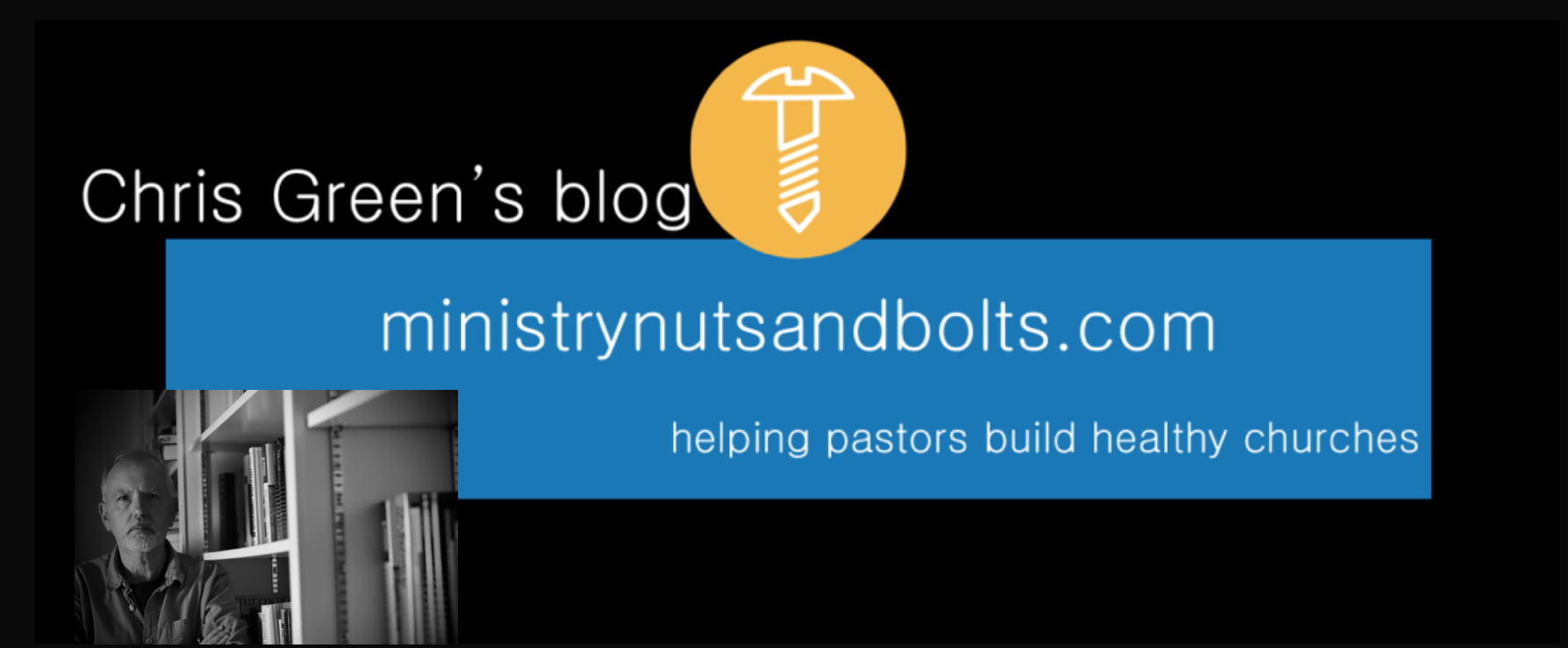Been on a plane recently? Security, passport, duty-free, boarding gate, seat, safety demonstration, take off… did you find that comforting and reassuring, or a bit dull?
Been to church recently? Welcome, opening prayer, songs, confession… did you find that comforting and reassuring, or a bit dull?
I’m an Anglican, which means our services usually have a described shape. It’s not just that we pray, confess our sins, declare what we believe or study the scriptures, but that the order we do them in has an inner logic. At its best (and hands up, we are often not at our best), our services give us the gospel over and over again.
Now, I’m not arguing that everyone out there should climb on the liturgy bus. But, I am arguing that we should think about the order of our service plan.
Tell me a story…
Think through that flight analogy, for instance. One response is to say, “Yes: but the point of the flight is not the flight but the destination. It’s OK for it to be the same, and actually there’s spiritual wisdom in the theological safety and security process.”
But, what if we replaced the analogy to tell a different story? I used it because I hear it referred to quite often; in fact (confession) at our church we refer to having a ‘flight plan’, and the service leaders and preachers have a quick ‘pre-flight briefing.’
So what if one week the analogy we used for our services was to be like a roller-coaster ride? Or a walk in the forest? Or a surprise party? Or a great epic? Or the movement through the verses of a well-known, or unknown, hymn?
I know they’re not biblical analogies. Nor is a flight plan. But they all have elements in common which give them a cohesion.
1. Logical sequence
By logic, of course, I mean gospel logic; theo-logic. On one level, everything in our meetings has a reason for being there, and we have deliberately chose the songs, readings and other contributions to make sense. But the deeper reason is that we want people to hear and respond to the gospel. This week we’ll have a confession after the sermon, not before. This week we need to move the sermon forward to allow more time to respond. Bread and wine, and water, tell us the gospel.
Because the gospel is rich, it means we can come up with many right answers to this one (you’ve probably gathered that I’m not persuaded by the case for a tight Regulative Principle position). Each of those analogies gives a window the gospel story, which always shapes our meetings. But it needs to be intentional.
2. Emotional intensity
How do you feel about the element of emotion in our meetings? Yup, I’ve been in those ones where we’ve been manipulated and made to forget our rational responsibilities. And it can happen with classical music just as much as contemporary – what do you think Mozart was doing his Requiem, but get us to fear hell?
But I’ve also been in those where the concern about emotion has been so great that great effort has been made to make sure that nothing is ever moving. We sing a great hymn, and the next words from the front are: “Well done; please take a seat.” I’ve been in those meetings – and, to be honest, I’ve been in many more of them than the other kind – where we’ve bumped along, skidding and sliding, but never been allowed to be ‘lost in wonder, love and praise.’
I’m sure there are many, many churches that run the danger of emotionalism, and if you are the pastor of one of those churches, just stop it. OK?
But isn’t the Bible full of rightly directed emotion? Isn’t part of our role of pastors to help people identify, rightly understand, and then express joy, or lament?
3. Perspective
Do you remember the restaurant critic, Anton Ego, in the movie Ratatouille?
Mustafa: [taking Ego’s order] Do you know what you’d like this evening, sir?
Anton Ego (Peter O’Toole): Yes, I think I do. After reading a lot of overheated puffery about your new cook, you know what I’m craving? A little perspective. That’s it. I’d like some fresh, clear, well seasoned perspective. Can you suggest a good wine to go with that?
That’s what the gospel offers: Perspective. I’ve spoken in church after major events, national and international. Events that the overheated puffery of the web and the media present as world changing: this year alone, we’ve seen Brexit and Donald Trump, the death of Bowie and Leonard Cohen. Our people come, dizzy, giddy.
We can stop that.
So don’t let the world set the agenda. Plan to let the gospel perspective reframe their reality.
4. The call to action
The gospel demands response: repent and believe. That’s a life-decision, and a minute-by-minute decision. Sometimes our sermons explode in the room; sometimes they need to be primed to explode on Wednesday afternoon.
Whatever, identify what you think the bible passage wants people to do/think/feel, and make it unmissable.
5. The space to respond
Landing a plane takes time – much longer than many of us passengers recognise, and it starts way before that familiar ‘ear-pop’.
But how often have you been in a service where you’ve heard a powerful message, with loads to process and respond to, and then the person up front has basically slammed on the air-brakes, pointed the nose down and landed in five minutes? I’ve been in services where I’ve expected the oxygen masks to drop down, to a yell of “Brace, brace, brace!”
6. Corporate spontaneity
At our church we have a pretty tight control on what happens when. There are big elements that need to be co-ordinated, like what’s happening in all the children’s groups and when they’re going to end, the need to allow time for people to circulate and have fellowship, but also allow people to arrive for the next service – all in the same physical space. Our team will have a running order, with names beside the elements, and with pretty accurate expected timings. I know how long I have to preach, and I know the knock-on if I break that.
But, for all that the song choice is pre-programmed into the software for the day, that the projection and sound team need to be on the same page as the band, and (to be honest) that I like to know what’s going on – for all that, we need to have a way to break the programme and say, ‘Can we sing…?’ I don’t often lament the end of hymn or song books (we can talk about that sometime), but this is one moment when I do. It’s why I prefer dedicated software like EasyWorship to Powerpoint or Keynote; we still get flexibility when we want it.
7. Individual spontaneity
And one of the great resources of the big, old services is that they are not just about one thing. We do get to praise, confess and know forgiveness, and lament, and mull, and listen, and respond, and each of us needs one more than another on a given day.
One of the markers of emotionalism for me, is that it says there is only one appropriate way to respond, and it excludes all others.
What else do you want to add? Pile in!
I’ve written tons more about church, in The Message of the Church, for the Bible Speaks Today series.
 You can order it (discount) from 10ofthose here,
You can order it (discount) from 10ofthose here,
Otherwise, from Amazon here, and for your Kindle here.
US edition available from Amazon here, and for your Kindle here.
Aussie? Koorong has it here.





